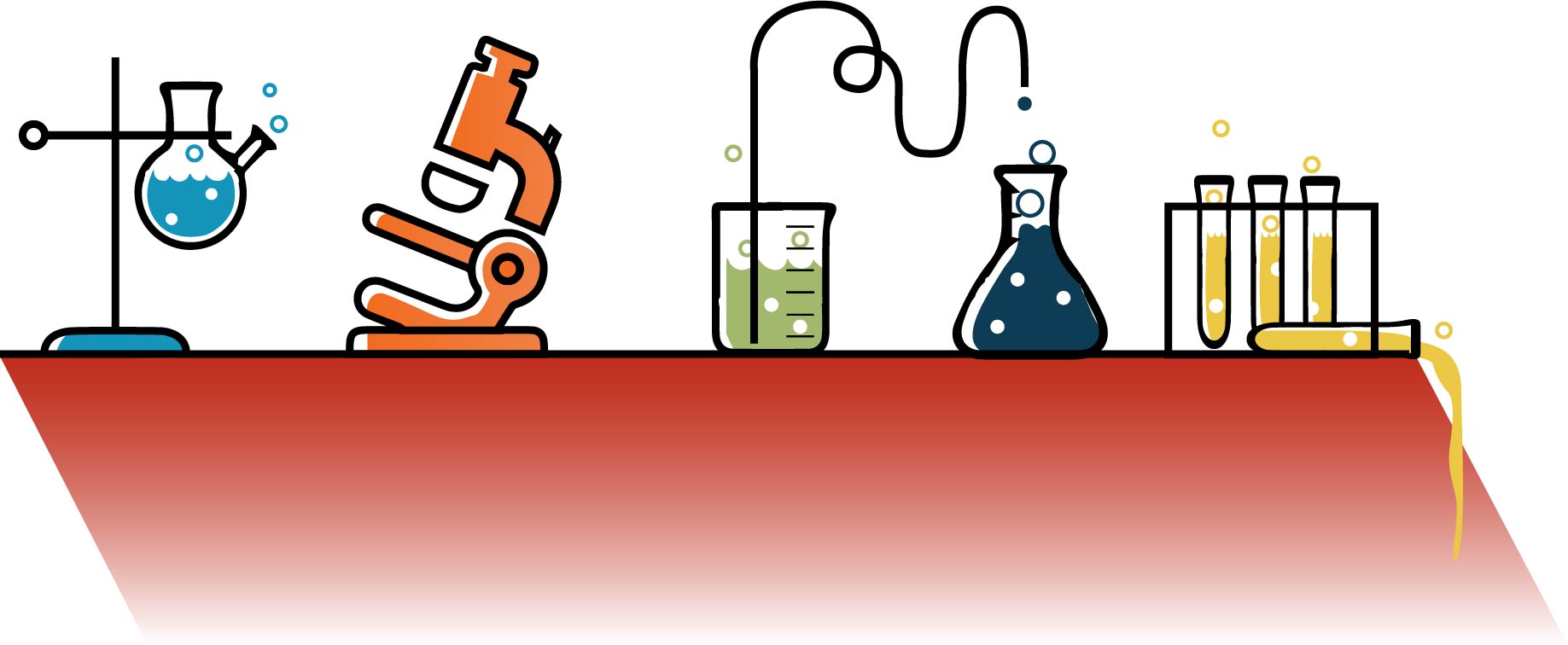
Illustration by Priyoshi Kapur
It has been over a month since counselor to the president Kellyanne Conway coined the phrase “alternative facts” during a “Meet the Press” interview on January 22, and a less than a month until the March for Science, occurring on Earth Day — April 22, 2017.
Within this short time, the Science, Technology, Engineering and Mathematics (STEM) community of the United States has been quick to respond to the recently-termed “War on Science” — a phrase that has been gathering steam across the web along these events.
Most influential on social media are the “rogue” and “alt” Twitter accounts, specifically Rogue NASA, AltUSNatParkService, and altEPA — all of whom joined Twitter in January. The accounts have since gained 893,000; 84,900; and 377,000 followers, respectively. Since the surge in the popularity of the “War on Science,” several similar accounts have been set up. Accounts include clones of the originals (e.g AltNASA or Alt-NASA), fanhandles (BadlandsNPSFans), and new handles entirely outside of STEM fields. Of these, Rogue POTUS Staff is the most popular, with 863,000 followers. The majority of these handles are allegedly run by workers in government agencies.
Anonymity becomes an essential function of these accounts, as they aim to allow an outlet for government workers to comment on the actions of the Trump administration and to share news and articles related to their respective fields. It disallows the possibility of confirmation that they are, indeed, run by government workers. Nonetheless, these Twitter handles have collectively become a symbol of the fight against the problematic views and policies of the current political leaders in Washington.
Publicly, several scientists have expressed interest in political careers themselves. Most prominent are Michael Eisen, an evolutionary biologist from the University of California, Berkeley; and Tracy Van Houten, a self-described “Rocket scientist, mom & ignited citizen.” Eisen’s running for the United States Senate; Von Houten’s running for Congress in the 34th district. Both have a strong presence on social media — their handles are @SenatorPhD and @Tracy4Congress.
Dianne Feinstein, California’s current senator, has served since 1992; before that, she was the mayor of San Francisco from 1978 to 1988. It is still not certain whether Feinstein will run again, but the idea of Eisen competing against or in place of her has been considered questionable, idealistic, and, as described in an article in Gizmodo, quixotic.
In the same article, Eisen explained that, although he lacks experience and knowledge in politics and might lose the election as a result, “the best thing I can hope for is that other scientists see what I’m doing and also decide to run.” It still remains open whether following through will affect the Democratic vote in California — by either dividing it or simply not inspiring enough of it.
The nonprofit group 314 Action takes this to the next level by actually offering a service for members of the STEM community that wish to participate in politics and, in general, “aggressively advocate for real solutions to Climate Change and elect more STEM-trained candidates to public office,” as explained on their website. In the effort to fulfill their mission, a seminar going over the process of running for office was held at American University and streamed online on March 14. The 314 blog also releases articles related to science and politics, provides links to their different social media outlets, and presents options to join and donate to the organization. A press release from February 23 reports over 3,000 members of the STEM community to have joined and a start of a partnership with the March for Science.
Here in Chicago, the Facebook page for the March for Science has been sharing articles like those in 314 Action’s blog and; additionally, they have been running a series of posts hashtagged “#wearescientists #wearehuman” and, for this year’s International Women’s Day, “#CHIScienceCity #wearescientists #beboldforchange.” The posts, similar to the style of Humans of New York, are stories told by different members of the STEM community here in Chicago. Coming from different backgrounds, each person explains why is science important to them and, in their opinion, to society.
In the few months since Donald Trump started his presidency, the STEM community of the country has cultivated a powerful cyberculture that has allowed for a powerful connection among those who identify with it. Although very little time has passed, these different efforts have surprised the masses with their ability to gather people and communicate their ideas.





















